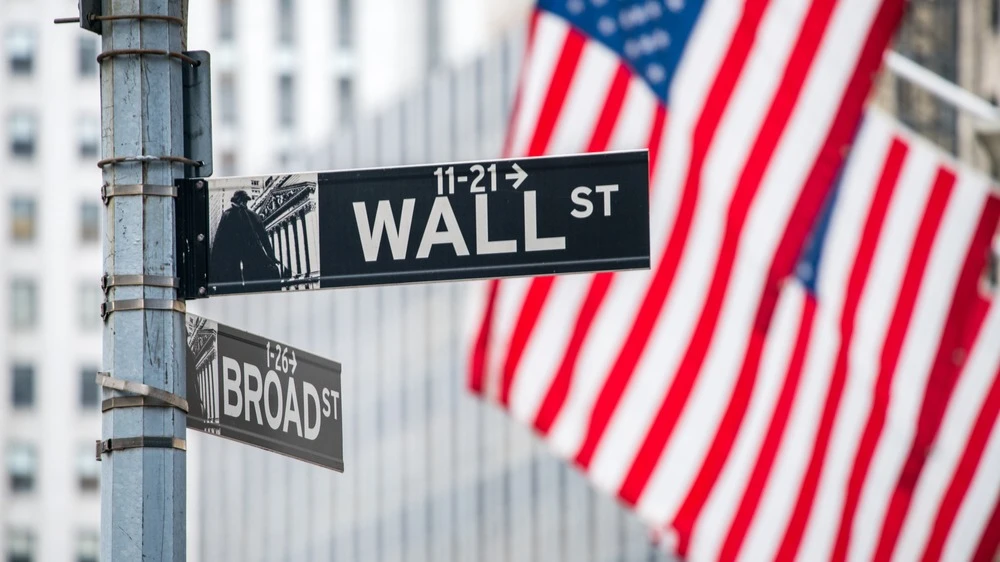BofA thinks the S&P has outperformed the dot-com bubble at its peak. What does he advise keeping an eye on?
"It better be different this time," writes a BofA strategist

The current valuation of the U.S. stock market is already above its dot-com bubble-era counterpart just before it began to burst, a BofA strategist has warned. What event does he think could trigger a sell-off in stocks and what assets does he favor in an overheated market?
Details
The S&P 500 index is now trading at 5.3 times its book value, wrote BofA strategist Michael Hartnett. He said the S&P 500's P/B ratio (market capitalization to asset value less liabilities) is now higher than it was in March 2000, when the Internet company bubble peaked and began to burst, triggering the transition to a bear market.
"It better be different this time," Hartnett wrote in a note to clients quoted by CNBC.
There are several reasons why the market may not repeat the dot-com crash, the strategist said. Among them are investors' cool attitude toward bonds, the desire of millennials and zoomers to invest in stocks rather than real estate, and, of course, the boom in artificial intelligence. But the problem is that only a few tech giants - Meta Platforms, Nvidia, Amazon or Microsoft, for example - have accounted for the bulk of the rise in U.S. stocks to recent records. The problems of just one of them could pull the entire S&P 500 and trigger a collapse similar to the crash of the late 90s.
"If things don't work out differently this time around, bonds will get their share of love, international stocks will outperform the S&P 500, index growth will stop," Hartnett warned.
What investors should watch out for
A "buy on rumors - sell on facts" sell-off in stocks could be triggered by possible dovish signals from Fed Chairman Jerome Powell at an economic symposium to be held August 21-23, a BofA strategist warned.
According to him, on expectations of a Fed rate cut to support a weakening labor market and reduce the U.S. debt load, investors were actively entering risky assets - from stocks to cryptocurrencies and corporate bonds. In the week ended August 13, about $21 billion flowed into U.S. funds after outflows of nearly $28 billion a week earlier, while global stock markets attracted more than $26 billion and are moving toward the third annual record for capital inflows in history, BofA said, citing data from EPFR Global.
Against this backdrop, Hartnett confirmed that he is still betting on international stocks rather than U.S. stocks, a strategy that has already paid off this year, Bloomberg emphasizes. Gold, commodities, cryptocurrencies and emerging market assets will also benefit, he believes, as investors seek inflation protection and defend against a weaker dollar.
What about the S&P 500
This week, the main indicator of the U.S. stock market closed three consecutive trading sessions at a historic high due to the growth of technology giants due to their corporate reports, notes Bloomberg. In addition, moderate data on consumer price inflation in the U.S., published at the beginning of the week, strengthened expectations of Fed rate cut in September. However, on Thursday, these expectations partially decreased after the release of statistics showing that producer prices remain high, the agency adds. All in all, the index has risen nearly 30% since its April low and 10% since the beginning of the year.
This article was AI-translated and verified by a human editor
